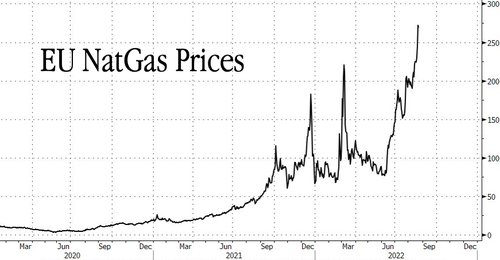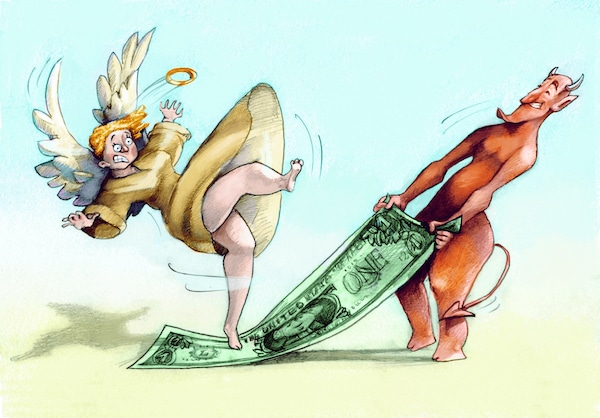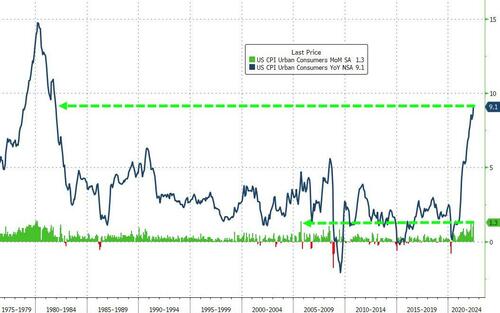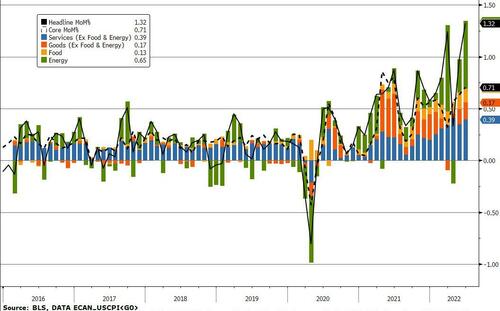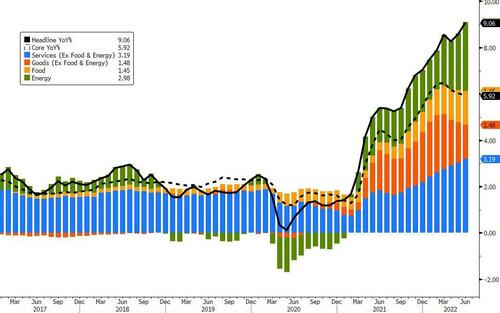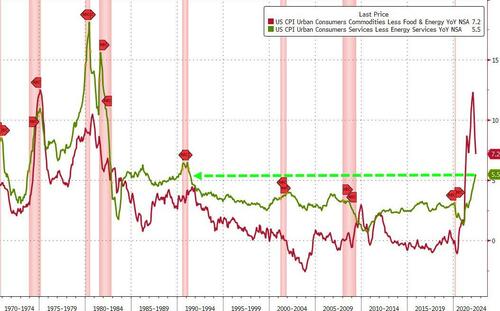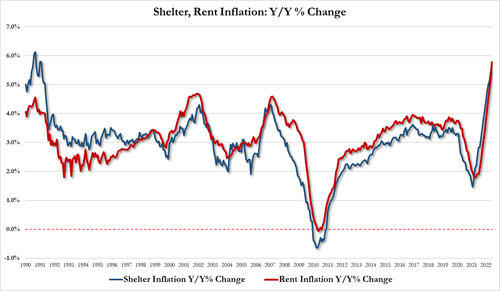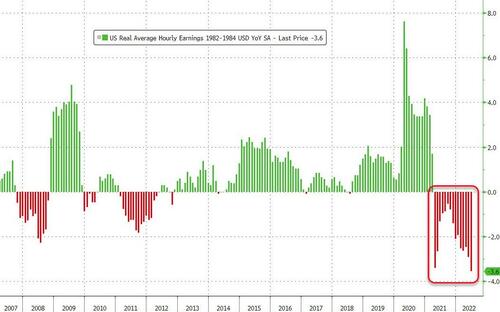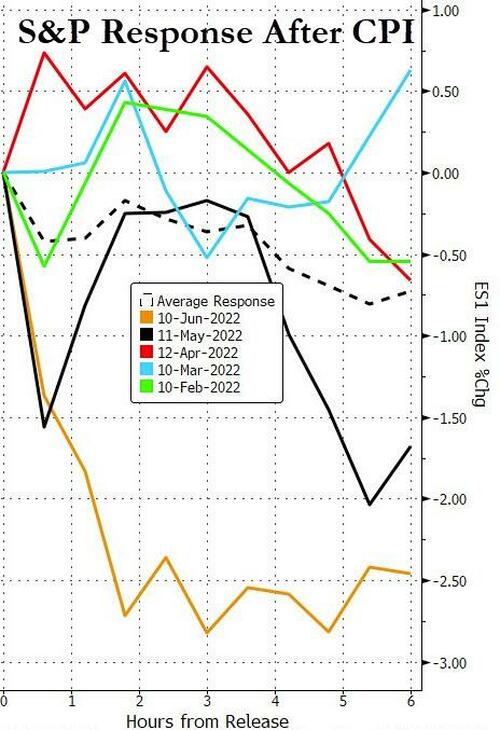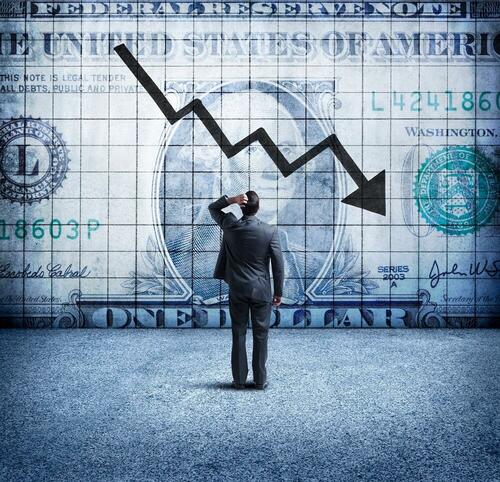“Tell them the North remembers. Tell them Winter is Coming.”
This morning. The outlook for the UK looks increasingly grim. There are few reasons to hope a new government can reverse the mounting consumer fears, stagflation and the growing sense of decline.
Yesterday was cold, wet and grey. The sudden end of the glorious summer highlights how dark and bleak the mood in the UK has become. UK Consumer confidence has collapsed to levels not seen since the 1970s. London has ground to a halt with tube and rail strikes. Its not just the cost of living crisis – which, to be blunt, has only just begun and will get much, much worse as winter deepens– but folk are losing confidence in the broken mechanics of the economy, the absence of leadership and a growing sense things won’t get any better.
The country feels like its sinking into a treacle of energy-sucking, suffocating despond. Everything in Britain feels broken: the NHS is too crowded to treat patients, excess death rates show untreated cancers, heart-disease and stokes from lockdown now far outnumber Covid deaths, the police are so overloaded they have stopped even bothering to investigate crime, while airports are blocked, trains don’t work, and it really doesn’t matter because you can’t get a passport or driving licence renewed. As the rains come down, we’re under threat of dire authoritarian punishment if we dare use a garden hose – although to be fair, who is going to arrest you?
Thank heaven we’re about to get a new prime minister – SARCASM ALERT.
…click on the above link to read the rest of the article…


